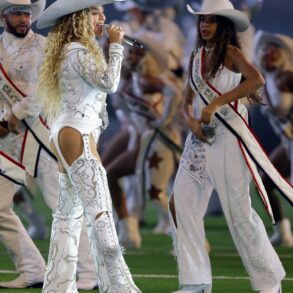
And yet, when Bundy was finally convicted in a Miami courtroom in 1979, it was the loss of Bundy’s future that the judge lamented:
You’re a bright young man. You’d have made a great lawyer, and I’d have loved to have you practice in front of me. But you went another way, partner.
The judge’s speech turned on a light in a dark room of my subconscious – one where public misdeed or violent crimes were all too often refashioned into occasions for us to turn the other cheek: forgiveness modelled by men, showing grace to other men, grace that was never theirs to give.
It’s not that I won’t forgive; it’s that I can’t. Forgiveness is a proprietary thing. It is the injured party’s right to give or not when – and this part is key – the transgressor asks for it. Without the cooperation of the perpetrator, it’s a carrot dangling in perpetuity, eluding me and others like me, who don’t want to live with bitterness and anger, but who know that the people who hurt us won’t ever take responsibility for what they did.
This is why I take umbrage with forgiveness – it’s been corrupted beyond recognition. But it is possible to graduate from anger without excusing the behaviour of those who refuse to admit any harm has been done.
Integration is the lesser appreciated cousin of forgiveness; more sophisticated than acceptance, less saccharine than gratitude. It’s the practice of living well with your pain by training your eye on all the ways you’ve been able to make meaning out of unresolved trauma and grief. For me, that’s recognising that writing has given me the opportunity to make sense of what happened to me and to help others do the same, to immortalise the truth in print. In that way, I go through life with purpose, not in spite of what happened, but because of it.
Asking for forgiveness when I have wronged someone is uncomfortable, but nowhere near as uncomfortable as reframing myself as someone who expects others to make amends. I suspect I am not the only woman who can relate to this. Sometimes I wonder if this accountability imbalance has contributed to an online mob culture that disproportionately targets women for failing to do everything right, oftentimes to a degree that is also disproportionate to the offence. I worry women take the brunt of our rage because so many more grievous acts by men go unpunished and unrepaired.
This post was originally published on this site be sure to check out more of their content.







